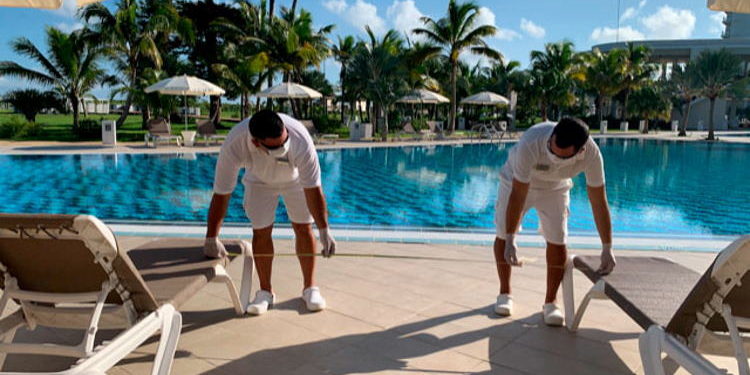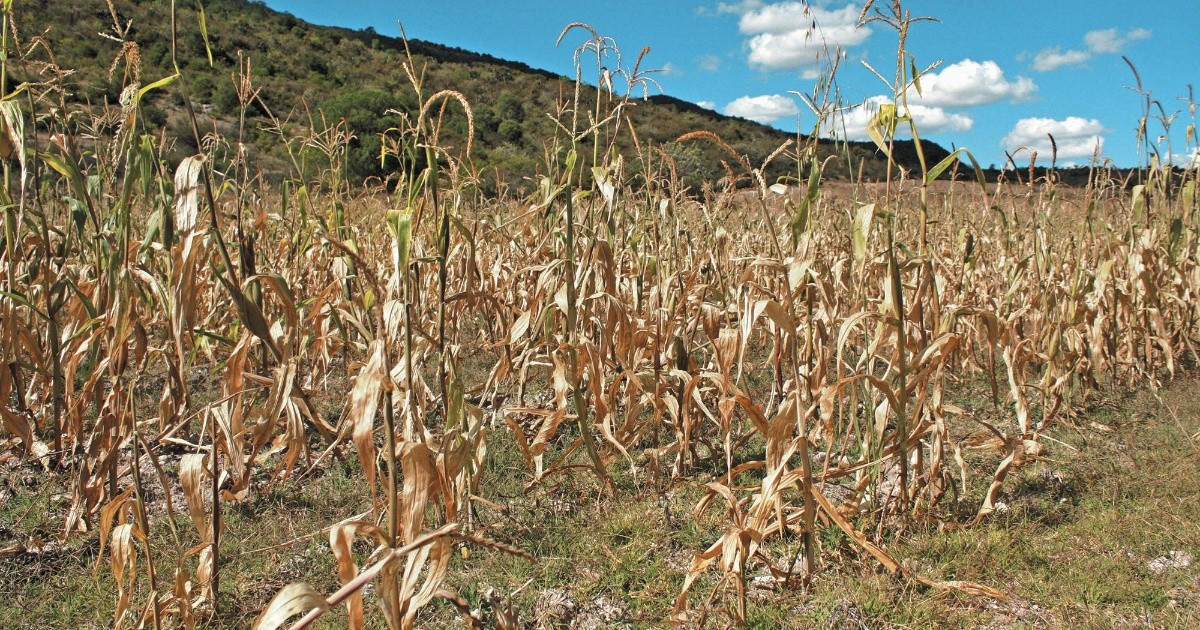Madrid Spain. — These days, Havana celebrates the II Economic-Productive Conference Cuba-2022, with the aim of “achieving adequate articulation between the economic actors of all forms of management and ownership of the country and the strengthening of their potential”. In other words, make the system work. And I already advance: they are not going to achieve it.
As usually happens in these cases, the leaders of the regime, instead of going to the concrete, usually make declarations, triumphantly, that do not correspond to reality. This time, it was Leticia Morales, First Deputy Minister of Economy and Planning, who stated at the headquarters of the Chamber of Commerce “that this is an ideal space to achieve coordination, aimed at strengthening and specifying the economic-social strategy of the nation. for that year.”
Around with the Strategy. Tireless. Saying these kinds of things and saying nothing is the same thing, especially in the face of a pressing and serious situation like the one facing the Cuban economy and what is to come, which is even worse. Triumphalism does not work, but a series of urgent, necessary and precise decisions have to be taken to change course and prepare the economy to face the blow that is about to shake it. Who put the bell to the cat?
It does not seem that it will be Mrs. Morales, who, during the aforementioned act, went so far as to affirm that “there is a gradual recovery of the national economy.” Nothing new, if the same mantra has been heard from his leader, who weeks ago, in the National Assembly, said the same thing to the deputies: that the economy is in a gradual recovery after having published the fourth quarter growth rates at ONEI, and surprisingly withdrawn them just a few days later.
The most serious thing now is that the deputy minister takes a step forward in the strategy of confusion and maintains that this gradual recovery of the economy is “enhanced, fundamentally, by the export of vaccines and the reactivation of tourism.”
Let’s see if it’s true. Go ahead that, for some strange reason that cannot be understood, in the 2020 ONEI statistical yearbook (last published) the data on drug exports, code 54 of the foreign trade classification, are not available even for 2019 or 2020, much less 2021.
The deputy minister either invents the data or must handle confidential information to affirm something like what she has said. But the rest of us do not have that data, and therefore we cannot validate the information, much less match it. In addition, as can be seen in the attached table, drug exports fell by almost half, from 600 million pesos in 2013 to 324 in 2017 and 410 in 2018.
Then, as already pointed out, statistical vacuum. However, bearing in mind that drug exports account for around 17% of total goods exports, and seeing that these have dropped dramatically from 5.2 billion in 2013 to 1.7 billion in 2020, what happened with medicines it will not have been better, and it is possible to suppose that they have decreased in the same magnitude. I insist, without data “kidnapped” by the regime, it does not seem that this export item will serve for any gradual recovery of the economy. It will have served, in any case, for the regime’s monopoly company to invoice more for sales, but the impact that this may have in terms of added value is debatable.
Regarding the alleged “reactivation of tourism”, we have already reiterated that the levels of activity or income in the sector are approximately 40% below those reached on the same dates of the last “normal” year 2019. So that It is not possible to speak of a rebound effect, nor of a recovery similar to that registered in other Caribbean destinations such as the Dominican Republic or Cancun. Tourism to Cuba can hardly stimulate the gradual recovery of the economy that the deputy minister is talking about.
From this, it is concluded that nothing bodes well for things to change, especially since the Cuban communist regime continues to make economic success depend on the foreign front, when it has an alternative model that consists of strengthening the internal engines of growth, liberalizing the economy. The communists remain convinced that they will be able to achieve the goal of the plan, established at 4% GDP growth by 2022, something that not even the complacent ECLAC believes (it has estimated only 3.4%).
The future of the Cuban economy does not depend on an increase in the number of private actors, but on their being able to operate in conditions of economic freedom and capitalization of wealth. As long as the obstacles of the internal blockade that prevent the Cuban economy from prospering are not eliminated, the productive supply will not recover and prices will continue to rise, further depreciating the peso with respect to other currencies.
The regime is the one who creates the macroeconomic imbalance with its waste of public spending, trying to sustain an inefficient system, flooded with money in circulation that hampers real economic activity and causes more inflation. This excessive spending, which is influenced by the high weight of the state sector in the economy, must be corrected through fiscal consolidation that disciplines the interventionist state and opens spaces for the private sector.
The authorities are not aware of the irreparable damage they are causing to the economy. And, as always, remind leaders that new business opportunities do not depend on the publication of a Cuban guide to the 369,114 actors operating throughout the island. If you really want to promote private activity, you have to dismantle the internal lock.
The post The “gradual recovery of the economy” is on the wrong track appeared first on CubaNet.






